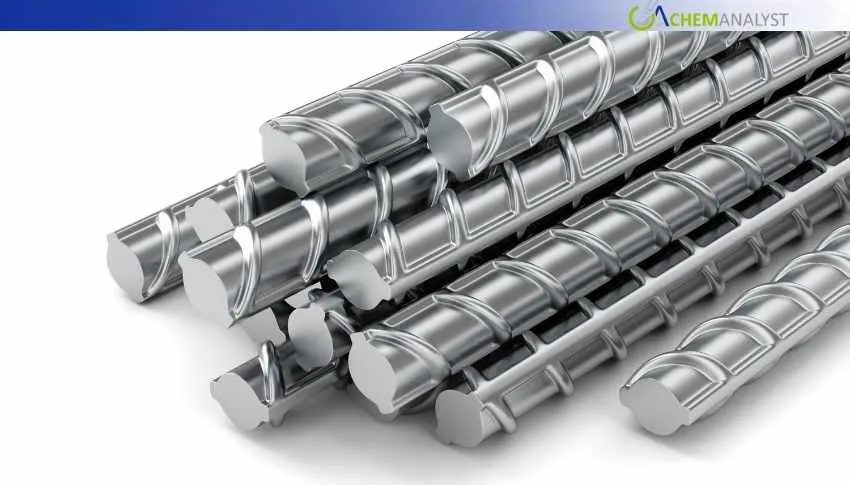Welcome To ChemAnalyst

The Asian steel rebar market exhibited a steady price trend in mid-August, with key markets like China and Taiwan reporting unchanged prices. This stability follows a difficult start to the month for the region's steel industry, which saw an end to the optimistic trend of July. Weaker demand and limited production cuts have led to a continued issue with oversupply.
Steel rebar inventory in China saw a significant rise this week, continuing the accumulation trend for construction steel. Total steel rebar stock reached 5.5104 million metric tons, marking a 5.28% increase week-over-week. The stock surge is primarily due to persistently weak demand from downstream users, who are limiting purchases to a just-in-time basis amid high temperatures. With supply remaining stable and demand in decline, both mill and social inventories of construction steel are growing.
The outlook for steel rebar is defined by a clash between stable supply and weak demand. Despite the possibility of production restrictions tied to the "September 3 Military Parade," supply is expected to remain strong as mills are still profitable. This steady supply will continue to meet a sluggish market, as ongoing high temperatures and rainy weather hinder construction activity.
Taiwanese steel giant Feng Hsin Steel Co. has maintained the price of its steel rebar for the current week. The company stated the freeze on its major steel products is intended to help the market digest inventory, citing sluggish trading last week, especially in southern Taiwan due to a recent typhoon.
Recently severe weather has disrupted the market for steel rebar and other construction materials in Taiwan. Heavy rains from Tropical storm Podul and persistent extreme heat have already slashed work productivity and are slowing down construction projects across the island.
In July, the Taiwan steel market, including steel rebar, saw a volatile rebound, which significantly expanded profit margins for steel companies. This recovery was driven by several key factors: an industry-wide push to avoid competitive price cuts, growing expectations for domestic demand, and increased cost support from raw materials. The higher costs were a result of safety-related production restrictions on coking coal and a subsequent increase in coke prices.
A mixed picture is emerging for the steel industry in August. While demand for construction steel, including steel rebar, is set to recover as the industry enters its peak season, the manufacturing sector presents a challenge. The end of summer weather should see construction projects restart, increasing steel consumption. At the same time, a downturn in business sentiment and weak new orders from manufacturers could drag down overall steel rebar demand.
We use cookies to deliver the best possible experience on our website. To learn more, visit our Privacy Policy. By continuing to use this site or by closing this box, you consent to our use of cookies. More info.
